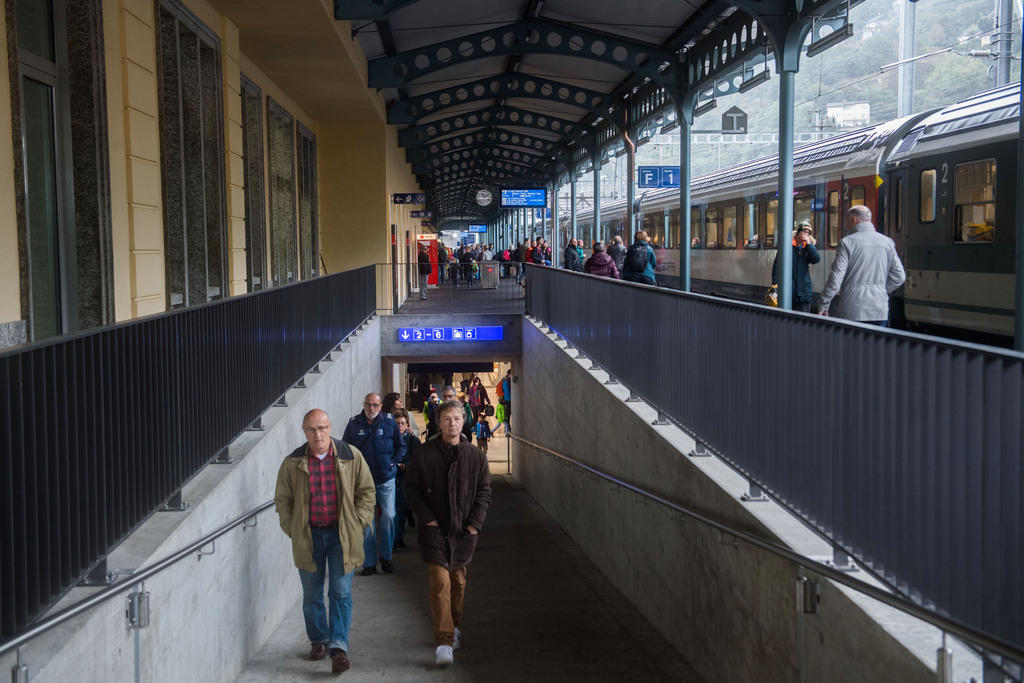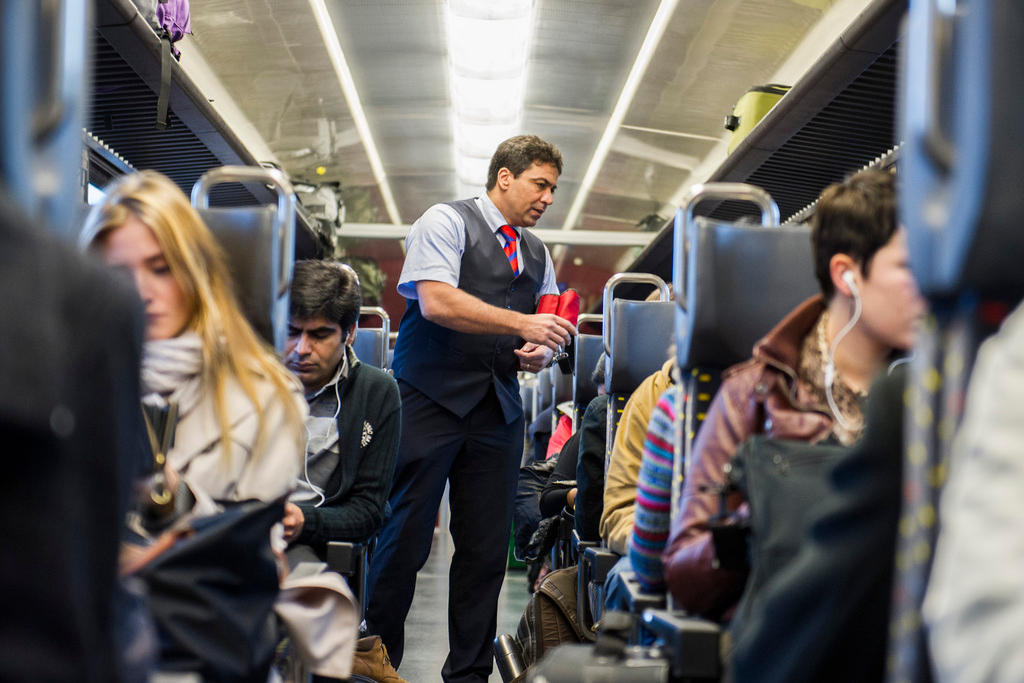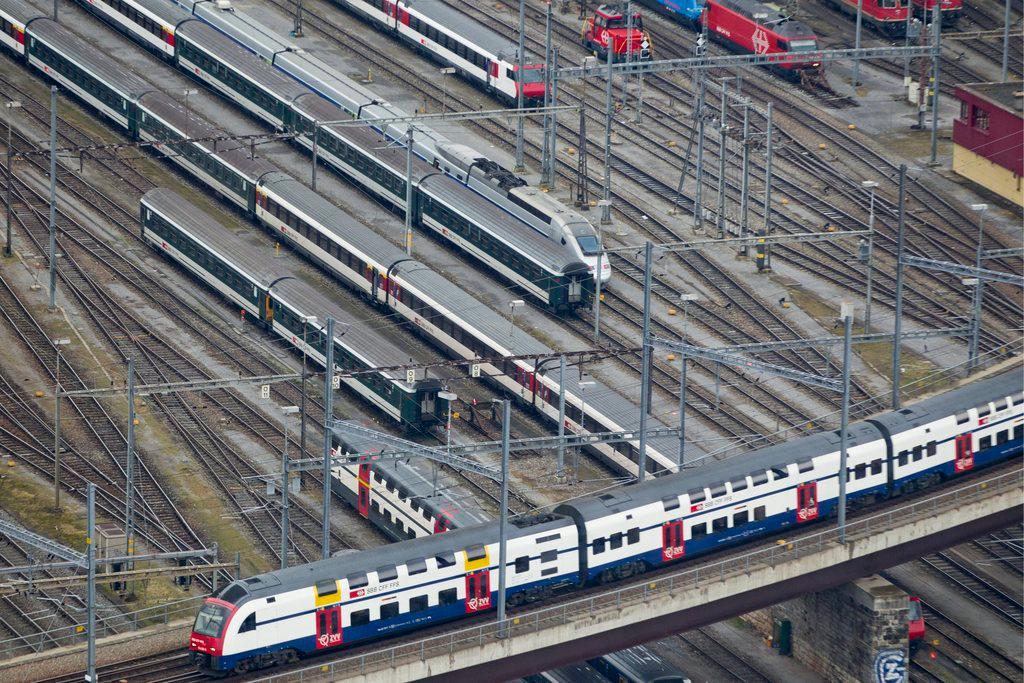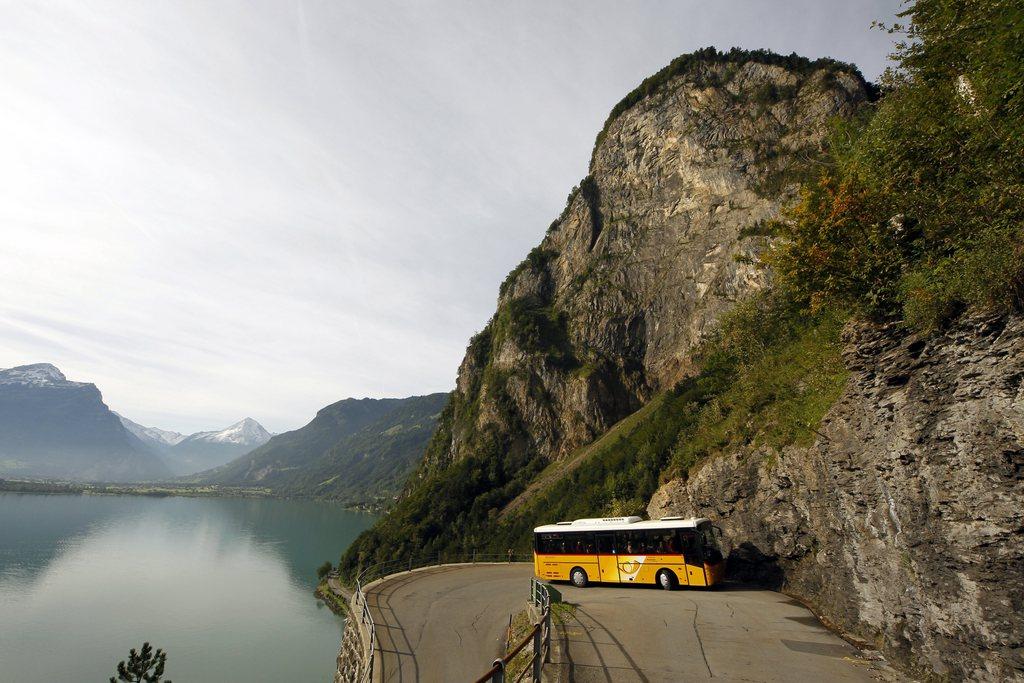Swiss rail travel more expensive than driving

Rail transport has been steadily becoming more expensive than driving in Switzerland, according to an investigation conducted by the federal cost oversight office.
The research revealed the continuation of a trend underway for several years, with train passengers consistently asked to pay more for travel despite negative inflation. Motorists, on the other hand, have benefited from falling petrol and auto prices, which have contributed to a declining overall cost per kilometre driven in Switzerland.
Since 1990, costs for train travellers have risen 45% compared to a 30% increase for drivers. When a round trip is involved, train ticket costs have risen as much as 80% over 26 years ago. The costs of half-fare cards and train passes have increased by 60% and 65%, respectively.
Meanwhile, the federal government has made increased use of the railways part of its stated goals for the future of transport.
Moblility of the future
There are some changes on the rail front. In a separate announcement, the Federal Railways said on Thursday that it would be trialling a Green Class schemeExternal link – a comprehensive road and rail package – from January 2017. It said that the year-long scheme would be the first of its kind in the world.
“For CHF 12,200 ($12,300), one hundred trial customers will get a comprehensive, flexible and environmentally friendly package covering the whole of the mobility chain,” the Federal Railways said in a statement.
This includes from trial partner BMW, an i3 electric car, a SwissPass including a 1st class GA travelcard and use of the Mobility and PubliBike sharing schemes.
The Swiss Federal Technology Institute ETH Zurich will be supporting the project with research.
Coaches
Inter-city coach bus services have also emerged as potential competition for the Federal Railways. The German bus company Flixbus recently announced it was exploring expansions into the Netherlands, which has a similarly organised transport network and would pave the way to possible expansion into Switzerland.
However, such a move would require legislative steps to liberalise the transport market. Parliamentarians are expected to debate the issue next year.
To reach its conclusions on transport costs, the cost oversight office looked at the price of driving versus riding the train from Zurich to Bern, Lausanne to Geneva, Wattwil to Romanshorn, Locarno to Bellinzona and Disentis to Chur. It used a per-kilometre calculator from the national motorists’ association TCS to calculate the cost of driving those stretches.

In compliance with the JTI standards
More: SWI swissinfo.ch certified by the Journalism Trust Initiative



You can find an overview of ongoing debates with our journalists here. Please join us!
If you want to start a conversation about a topic raised in this article or want to report factual errors, email us at english@swissinfo.ch.